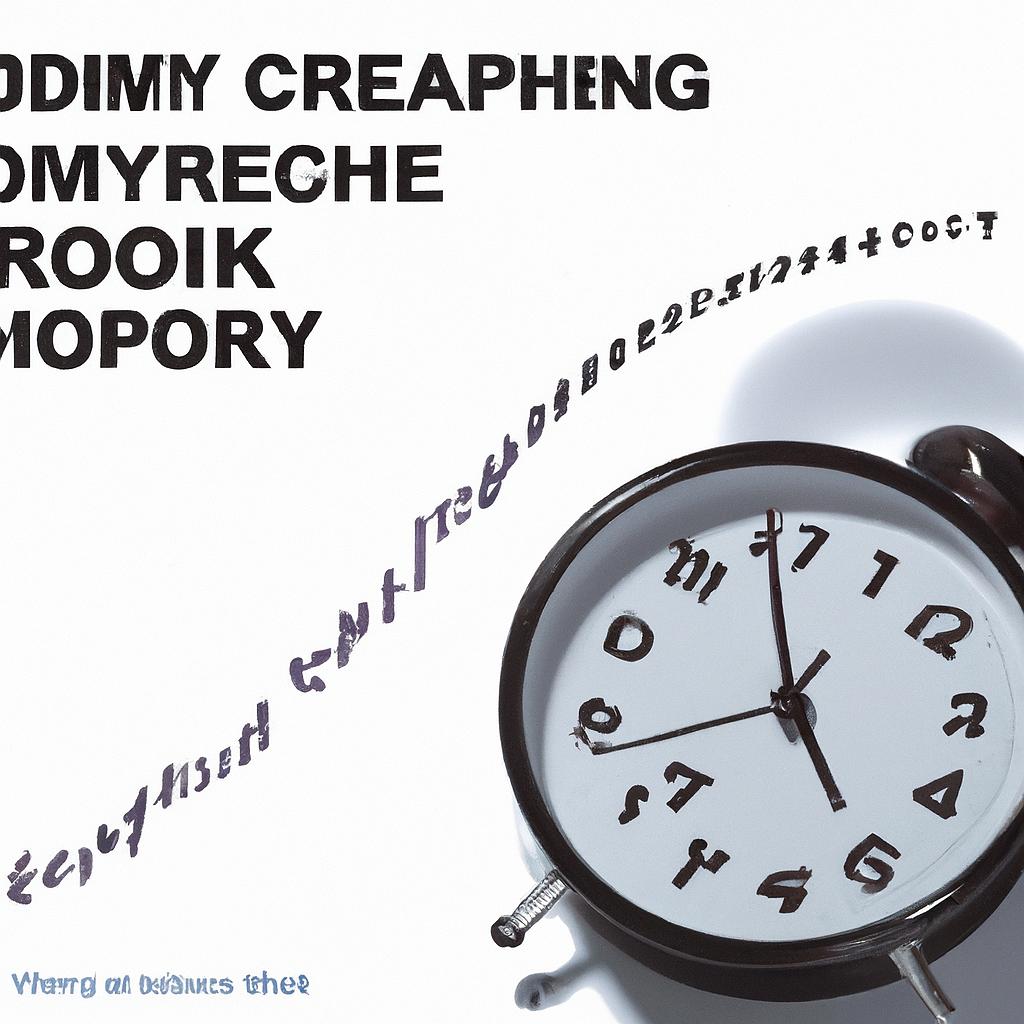**”Circadian Rhythm and Athletic Performance: How Sleep Timing Influences Muscle Recovery and Overall Training Effectiveness”**
# Circadian Rhythm and Athletic Performance: How Sleep Timing Influences Muscle Recovery and Overall Training Effectiveness
Athletes are always on the lookout for ways to enhance their performance, optimize recovery, and gain a competitive edge. While training routines and nutrition plans are often prioritized, the significance of circadian rhythms—our body’s natural internal clock—can be overlooked. Understanding how sleep timing influences muscle recovery and overall training effectiveness can be a game-changer for athletes aiming to achieve peak performance.
## Understanding Circadian Rhythm
### What is Circadian Rhythm?
Circadian rhythm is a roughly 24-hour cycle that governs various physiological processes in our bodies, including sleep-wake cycles, hormone release, and metabolism. It is influenced by environmental cues, primarily light and darkness, and plays a crucial role in regulating our physical and mental performance.
### The Science Behind Sleep and Recovery
Sleep is essential for muscle recovery. During deep sleep stages, the body releases growth hormone, which is vital for tissue growth and repair. Sleep also aids in the consolidation of memories and learning—important for athletes who must master complex skills. Disruptions to circadian rhythms, such as irregular sleep patterns or poor sleep quality, can hinder recovery, reduce performance, and increase the risk of injury.
## The Impact of Sleep Timing on Athletic Performance
### Early Birds vs. Night Owls: Finding Your Optimal Sleep Window
Research suggests that individual variations in circadian rhythms can affect athletic performance. Early risers may perform better in morning competitions, while night owls might excel during evening events. Understanding your natural sleep-wake cycle can help you schedule training and competitions to align with your peak performance times.
### Effects of Sleep Quality and Quantity
While the timing of sleep is critical, the quality and quantity of sleep cannot be ignored. Athletes typically require 7-9 hours of quality sleep per night for optimal performance. Lack of sleep can lead to decreased reaction times, impaired cognitive function, and increased fatigue, all of which can hinder athletic performance.
## Nutrition Tips to Support Circadian Rhythm
### Timing Your Meals
Nutrition plays a vital role in supporting your circadian rhythm. Consuming meals at regular intervals helps regulate your body clock. Aim to consume larger meals earlier in the day and lighter meals in the evening to align with your body’s natural metabolic processes.
### Choose the Right Foods
– **Carbohydrates:** Eating complex carbohydrates, like whole grains and fruits, can promote the production of serotonin, a precursor to melatonin, which aids sleep.
– **Protein:** Incorporate lean proteins, like chicken and fish, that provide amino acids necessary for muscle repair.
– **Healthy Fats:** Omega-3 fatty acids found in fish, walnuts, and flaxseeds can reduce inflammation and promote recovery.
### Hydration Matters
Staying hydrated is crucial for overall performance and recovery. Dehydration can disrupt sleep quality and affect muscle recovery. Aim to hydrate throughout the day, but be mindful of fluid intake close to bedtime to avoid sleep disturbances.
## Exercise Advice to Sync with Your Circadian Rhythm
### Training Timing
Just as sleep timing can affect performance, so can the timing of training sessions. Aligning your workouts with your circadian rhythm can maximize your training effectiveness.
– **Morning Workouts:** If you’re an early riser, consider scheduling high-intensity workouts in the morning when your body is primed for physical activity.
– **Afternoon Sessions:** For those who perform better later in the day, afternoon workouts may be optimal, as body temperature and hormone levels peak, enhancing muscle strength and endurance.
### Prioritize Recovery Days
Incorporating rest days into your training schedule is essential for muscle recovery. Listen to your body and allow for adequate recovery time, especially after intense training sessions. Use this time to engage in light activities such as yoga or stretching to promote blood flow and flexibility.
## Health Benefits of Aligning with Circadian Rhythms
Aligning your training and nutrition with your circadian rhythm offers numerous health benefits beyond athletic performance. Improved sleep quality can enhance mental clarity, reduce stress, and boost mood. A well-regulated circadian rhythm supports metabolic health, reducing the risk of issues such as obesity and diabetes.
## Conclusion
Understanding the interplay between circadian rhythm, sleep timing, and athletic performance is essential for anyone looking to enhance their training effectiveness and muscle recovery. By prioritizing sleep, timing meals wisely, and scheduling workouts to align with your body’s natural rhythms, you can unlock your full athletic potential. Remember, the journey to peak performance is not just about hard work; it’s also about working smart. Incorporating these strategies will not only enhance your performance but contribute to your overall health and well-being. So, prioritize your sleep and let your body’s natural clock guide you toward success in your athletic endeavors.















Post Comment